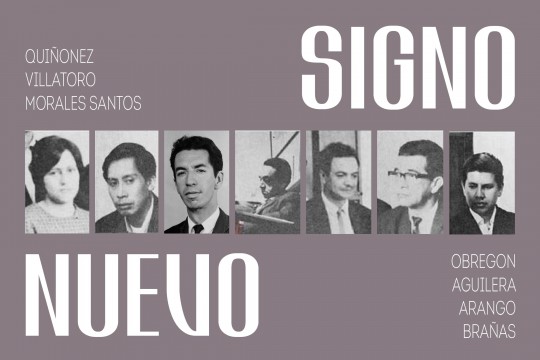This week, our editors from around the world report on a new poetry anthology promoting peaceful coexistence in El Salvador, new translations of Arab women authors, and discussions of magical realism and the Isaan dialect surrounding the Thai winner of a grant from English PEN. Read on to find out more!
Nestor Gomez, Editor-at-Large, reporting from El Salvador
On August 5, Otoniel Guevara presented a new anthology titled Peace Isn’t Achieved Just With Desire at the Casa Morazán in Tegucigalpa, Honduras. In the anthology’s prologue, Guevara describes the project as a compilation of poems in defense of human rights, peaceful coexistence, and respect for life on the planet. He also characterized the anthology as a criticism of regimes that promote fanaticism, hatred, lies, totalitarianism, and disrespect for life in all its manifestations.
Inspiration for this project began several years ago when, in Guevara’s words, “a new religion was maturing in El Salvador, encouraged by a surge in journalism for sensationalism and blatant fake news in support of political projects empty of content, but rich in images and superficial concessions, especially to the youth. This populism, packaged to preserve and strengthen ignorance and ahistoricism, was rapidly coating a layer of corrosive mold: fanaticism.” Publication of the anthology was delayed because of the pandemic and the love affair that many Salvadorans established with the current ruler of El Salvador. However, supporters of the project continued to grow among friends and cohorts.





